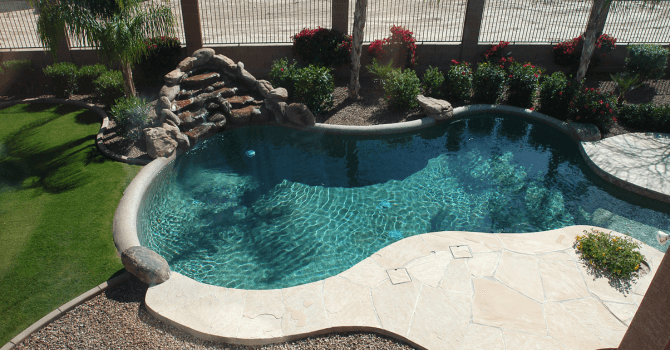
The trend of natural pools originated in Europe and has recently made its way to North America and other parts of the globe. The appeal of this concept is clear: instead of being filled with chlorine and chemicals, these pools are organically filtered.
Owning a natural pool may seem like a dream, but what are the practical aspects of this project? In this article, we'll take a closer look at how they work as well as their advantages and disadvantages.
What exactly is a natural pool?

Source: Canva
Natural pools are an eco-friendly alternative to traditional pools. They are designed to mimic the natural aquatic environment and consist of plants, fish, and a filtration system that keeps the water clean and clear. The operation of a natural pool is based on maintaining a balance between vegetation, the filtration system, and fish.
A pool doesn't need to be surrounded by rocks, natural stones, tall grass, or trees to be considered natural. In fact, it resembles an in-ground pool without all the chemicals. As mentioned in our introduction, these pools use a natural filtration method.
A smaller pool, known as the "regeneration zone," is built nearby and will house the gravel filter or a set of plants specifically chosen for their filtration capacity. Your pool and the regeneration zone will create a small ecosystem that will attract insects and animals over time. The ecosystem will grow and change.
This type of pool may not be compatible with every home or homeowner. Therefore, it's essential to consider the advantages and disadvantages of owning a natural swimming pool.
How does a natural pool work?
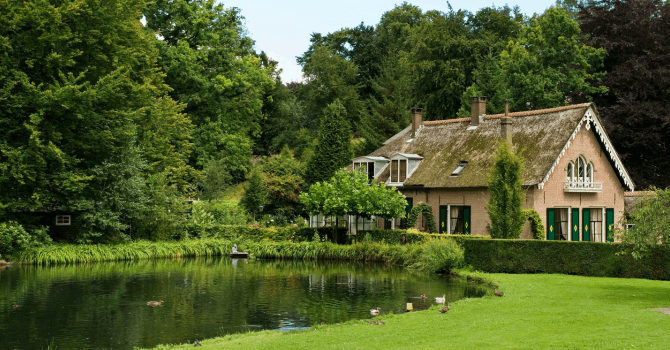
Source: Canva
As you've probably guessed, a natural pool works by mimicking nature. As mentioned, this pool has two separate zones: one for swimming and one for filtration. Its design can vary greatly compared to others, including its size and ratio. However, the recommended minimum size is 30 to 50 square meters, so if you're considering installing this type of pool on your property, make sure you have the space for it.
Smaller pools can work, but they're not used as often. The reason behind this is that a larger pool will prevent algae growth, which is more likely in small pools.
Another point to mention is that excess sunlight will lead to algae proliferation. Therefore, we recommend placing the pool in a shaded area if possible. Shaded areas will help protect the different forms of life in the regeneration zone. The depth of the pool should be 1 to 2 meters. A deeper pool will be colder, so consider depth based on your personal needs and climate.
The swimming area will typically comprise between 50 and 70% of the water-covered surface, although this will depend on the pool's size. The rest of it will consist of shallow areas dedicated to filtration. Water is pumped into these areas where the plant belt will help keep your water clean. Now, you'll need to ensure that the pH levels are between 5.5 and 7 so that the plants can live and thrive.
How to treat the water in this type of pool?
The water is cleaned by a small living pool equipped with a gravel filter or specific aquatic plants forming a marsh: a process similar to what occurs in nature. Water purification is therefore ensured by a completely natural sanitation process.
Apply the lining of your choice to make the interior of the pool waterproof. You can use a PVC liner, a liner, or a concrete lining. However, make sure that the lining is compatible with a natural basin and does not contain harmful chemicals.
Water balancing
When your pool is filled, you'll need to balance the water in terms of pH, alkalinity, and hardness. Use natural and non-chemical products to adjust the necessary levels.
Landscaping
Landscape the pool surroundings by planting suitable vegetation. Also, provide a beach area or stones to facilitate access to the water.
Regular maintenance
A natural pool requires regular maintenance to maintain biological balance. This includes pruning aquatic plants, checking water levels, cleaning filters, and removing debris.
How to build a natural in-ground swimming pool?
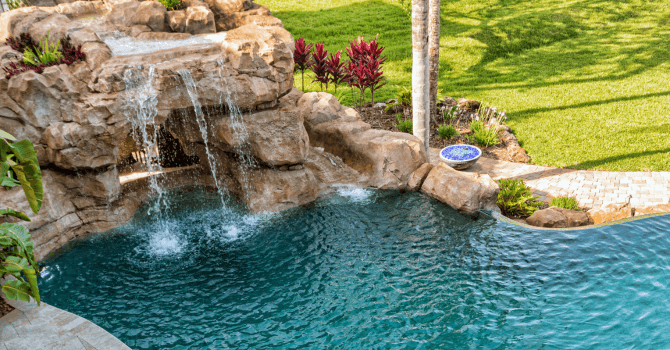
Source: Canva
The construction of an ecological pool is an exciting project that allows you to create a harmonious and environmentally friendly bathing space. Here are the basic steps to build a natural pool:
Planning and design
Determine the location of your natural pool and define its size and shape. Think about integrating it harmoniously into your garden. You'll also need to decide whether you want a separate swimming area from the filtration area or if you prefer an overflow pool.
Excavation
Dig the hole for your pool according to the dimensions and shape defined in the planning phase. Make sure to provide a regeneration zone adjacent to the swimming area to house the filtering aquatic plants.
Filtration system
Install the natural filtration system for your pool. This typically includes a regeneration basin filled with gravel and filtering aquatic plants such as water lilies, irises, or reeds. These plants help remove impurities from the water and maintain biological balance.
Keep in mind that the construction of a natural pool may vary depending on your needs and the specific characteristics of your garden. It's recommended to consult professionals specializing in natural pools for more detailed and tailored advice for your project.
How to maintain a natural pool?
It's important to note that maintaining a natural pool is not like maintaining a chlorinated pool. We can consider this type of pool as a garden and therefore, it will need care and attention to keep it healthy and thrive. The type of maintenance you'll need to perform will depend on the size, depth, and location of the pool. Towards the end of the season, here are the tasks you should perform:
First, trim all the plants and use a skimmer to remove excess organic materials from the water.
Next, you should cover your natural pool with a net so that additional debris cannot fall into the water.
Finally, make sure to drain and dismantle the pump you're using to move water from the swimming area to the regeneration area.
Advantages and disadvantages of an ecological pool
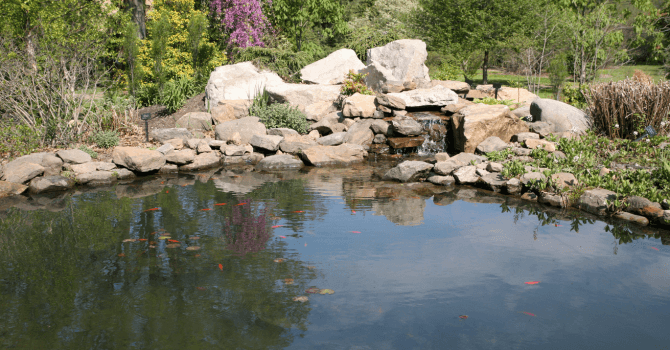
Source: Canva
Ecological pools are becoming increasingly popular as they offer many advantages over traditional pools. However, the construction of this type of pool also has its drawbacks.
The advantages of a natural pool
Owning an ecological pool is very different from diving into a conventional, cold, chlorinated pool on a hot summer day. Fortunately, with this type of pool, you can avoid dry skin and hair, irritated eyes, and the immediate need for a shower. Here are some advantages of owning a natural pool:
Eco-friendly and chemical-free;
Adaptable and flexible design (compared to traditional pools);
Lower operating and maintenance costs;
Less maintenance in general;
Adapts to all climates;
Creates a habitat for flora and wildlife.
The disadvantages of construction
Now that we've looked at all the wonderful advantages of owning a natural pool, here's an overview of the disadvantages you'll have to accommodate:
Design costs and construction prices are higher than a traditional pool;
This project requires more space;
The construction of this type of project requires an expert, which can be difficult to find;
The water may look darker or not as clear as in a chlorinated pool.
What about a heated natural pool?
The pool market is experiencing a revolution marked by increased ecological awareness. Innovations continue with the growing adoption of solar heating systems and efficient heat pumps, responding to demand for greener solutions and significantly reducing the carbon footprint of installations.
The solar-heated natural pool offers an ecological and sustainable approach to enjoying pleasantly tempered water while preserving the environment. By using solar panels to capture energy from the sun, this solution significantly reduces the carbon footprint while offering a renewable and free source of heat, which is highly advantageous. With this technology, natural pool owners can extend their swimming season without compromising their environmental beliefs.
As mentioned earlier, a natural pool exposed to the sun will lead to algae proliferation. To prevent this from happening in a heated natural pool, here's a reminder of some measures to take:
Water balance maintenance: Ensure that the water pH is properly balanced, typically between 7.2 and 7.6. pH imbalance can promote algae growth.
Effective filtration: Use an efficient filtration system to remove debris and organic particles from the water. A good filtration system helps prevent algae growth by maintaining clean water.
Water aeration: Ensure that the water is well oxygenated. Water aeration can be achieved through waterfalls, fountains, or water jets, which help maintain healthy water by disrupting algae growth.
Regular maintenance: Perform regular maintenance of your heated natural pool, including cleaning the walls and bottom of the pool, as well as monitoring water balance.
By combining these treatment solutions, you can maintain a heated natural pool without encouraging algae proliferation, while ensuring a pleasant and safe swimming experience.
Natural pools: harmony between pleasure and environmental preservation
Natural pools represent an eco-friendly and aesthetic alternative to traditional pools. Their ingenious design creates a balanced aquatic ecosystem, promoting biodiversity while offering a pleasant and environmentally friendly swimming experience. With their chemical-free biological filtration and seamless integration into the landscape, natural pools embody a sustainable and responsible lifestyle.
Whether for their natural aesthetics, low ecological impact, or long-term economic aspect, these aquatic oases represent a promising trend in construction and landscaping, offering a perfect balance between pleasure and preservation of our planet.
Get 3 renovation quotes for your eco-friendly renovation project
RenoQuotes.com can help you get quotes for your eco-friendly renovation project. If you submit your project to us, we’ll put you in contact with top-rated contractors. Fill in the form on the homepage (it only takes a few minutes), and you will get estimates from trusted professionals.
Dial 1-844 828-1588 to speak with one of our customer service representatives.
Looking for something else?
Related articles
The latest industry news, interviews, technologies, and resources.

Léa Plourde-Archer
•25 Jul 2025
One of the main advantages of owning a home with a backyard is that you can create an exterior environment that fulfills your needs. The front yard greets us when we come home and is the last thing we see when we leave, whereas the backyard is a space meant for relaxing and having fun.

Editorial Team
•01 Apr 2025
Trees are the ultimate evidence of time gone by. Once you plant a type or species on your property, with time, the sprout will grow, the trunk will thicken, the branches will spread, the buds will bloom, and the foliage will change along with the seasons.

Editorial Team
•08 Nov 2023
Regardless of the scale or size of a home renovation project, before getting started, it’s common to ask yourself how much you’re actually capable of doing. Of course, you’re going to come with your own set of skills and previous renovation experience and thus, you’ll know how much you can do. But have you ever thought about the legal repercussions of renovation projects?
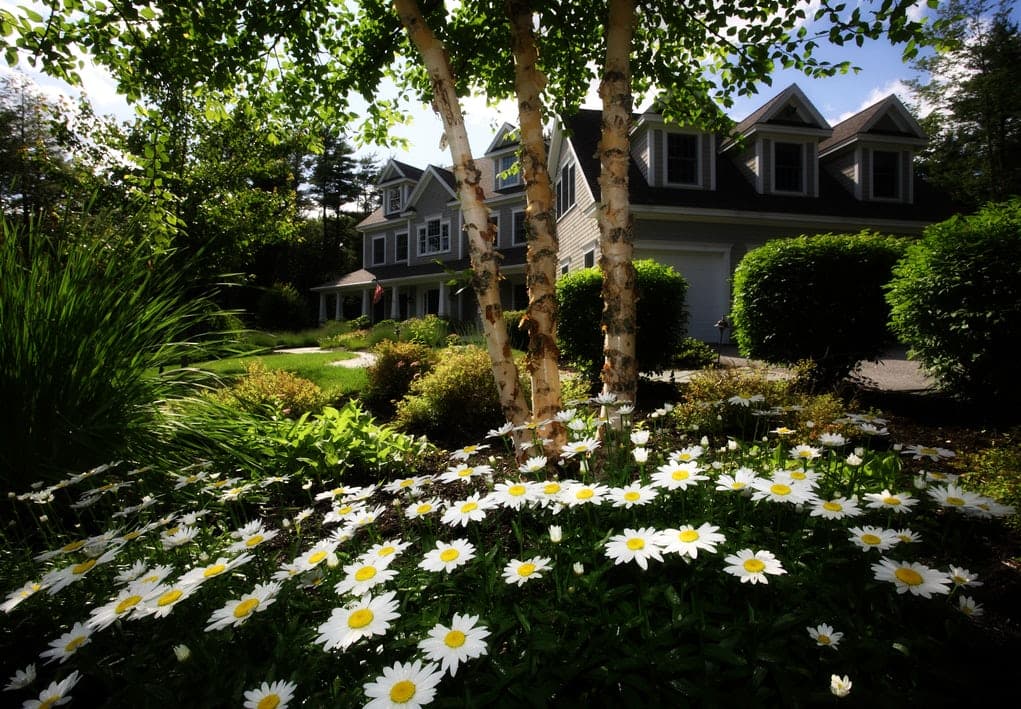
Léa Plourde-Archer
•23 Oct 2024
Why move when we can transform and extend the living area of our house? Whether for economic, practical or aesthetic reasons, many people embark on house expansion projects. These large-scaled projects have many steps that must be respected to ensure that the result lives up to our expectations.
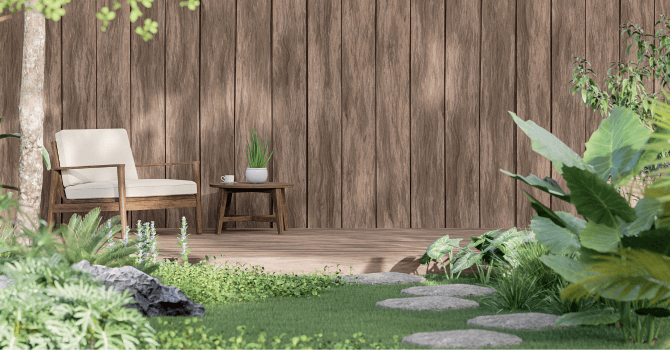
Editorial Team
•08 Nov 2023
Are you picturing yourself sunbathing? Whilst you're daydreaming, chances are you're wondering what your backyard ought to look like next summer. To learn more about the current trends, keep reading!